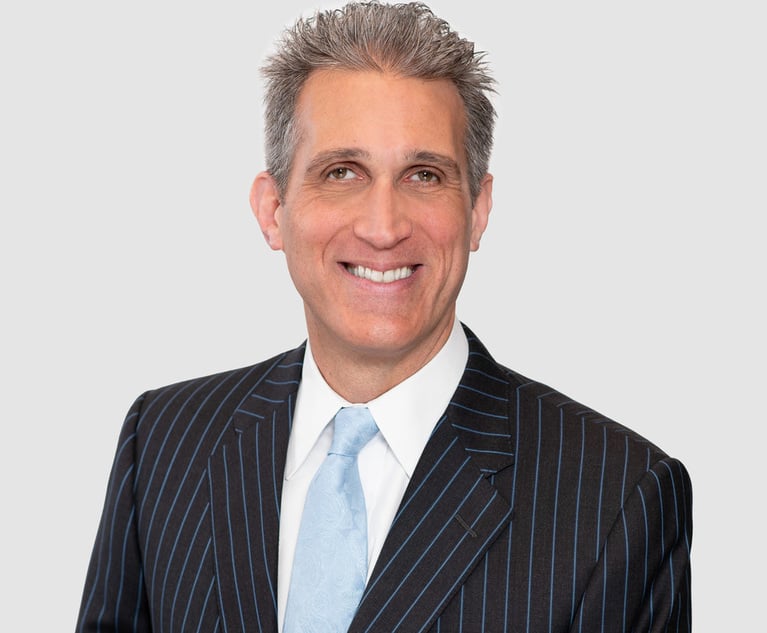The story presents a conundrum. Plaintiffs file a class action, which the defendant initially resists. Plaintiffs counsel spends hundreds of thousands of dollars (or more) in lodestar and costs prosecuting the case, but after potentially years of hotly contested litigation, the defendant issues a recall or announces a refund program that fixes the problem and then argues that the case is moot. The question: Should those who filed this case, and consequently induced (or “catalyzed”) the defendant to fix the problem, be paid?
The right answer is obvious. Of course the plaintiffs lawyers should be paid. Without plaintiffs counsel’s actions and active litigation threat, the defendant would have never changed its behavior, ultimately for consumers’ benefit. The law routinely rewards those who confer benefits on others, even in the absence of, say, a contractual guarantee (as with the doctrine of quantum meruit). In short, nobody works for free.


 Adam J. Levitt, a founding partner of DiCello Levitt. Courtesy photo
Adam J. Levitt, a founding partner of DiCello Levitt. Courtesy photo





